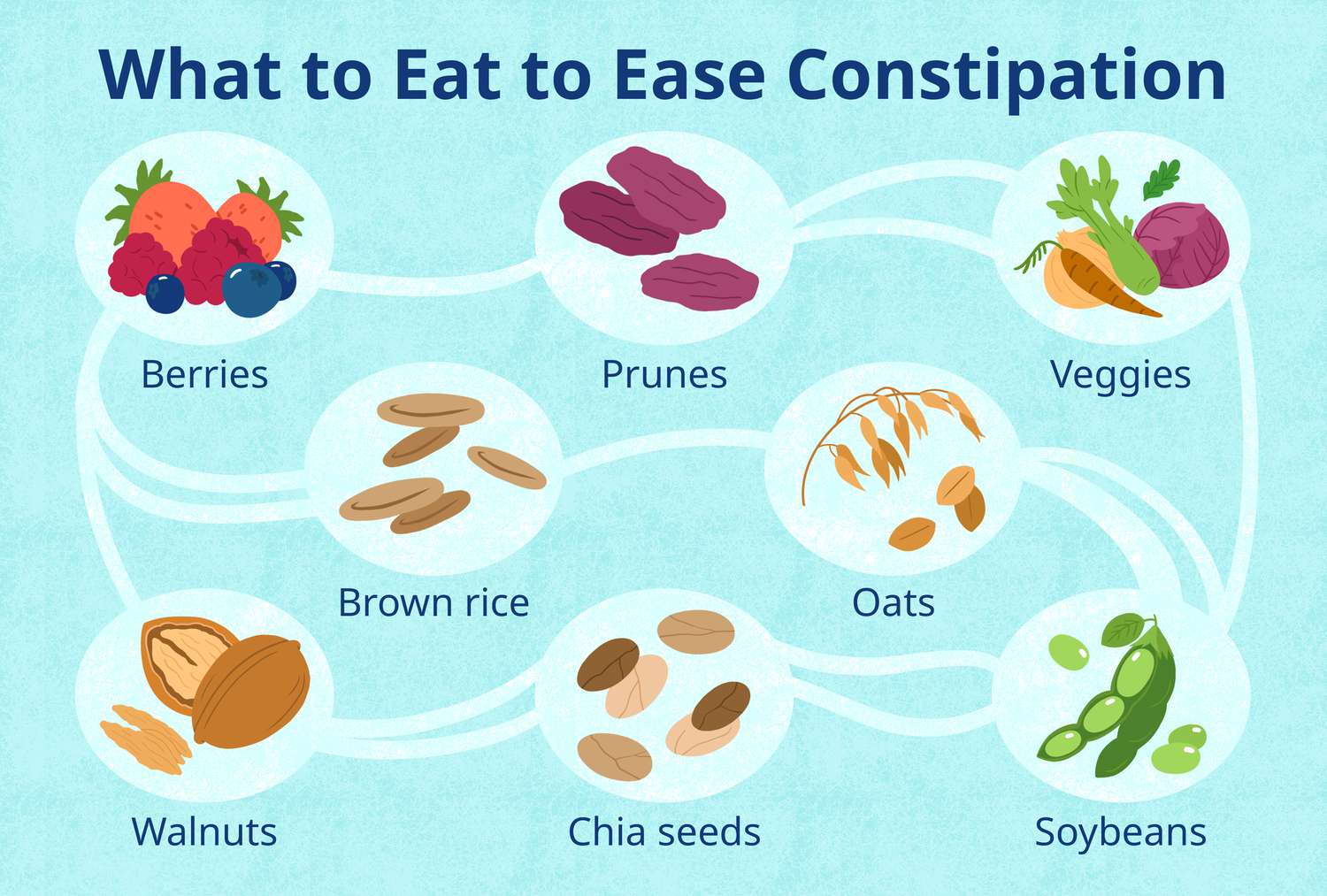Calories burn when sleeping: Sleep is often seen as a time of rest and rejuvenation, but did you know that your body continues to burn calories even while you’re asleep? In fact, understanding the intricacies of calories burned during sleep can shed light on the body’s metabolism and energy expenditure. In this comprehensive guide, we’ll delve into the science behind calories burned while sleeping, explore factors that influence this process, and address frequently asked questions to provide a thorough understanding of this fascinating phenomenon.
Table of Contents
ToggleUnderstanding Caloric Expenditure During Sleep:
Sleeping may seem like a passive activity, but it’s actually a dynamic process that involves various physiological functions, including metabolism. Even during rest, your body is hard at work performing essential tasks such as repairing tissues, consolidating memories, and regulating hormones. All of these activities require energy, which translates into calories burned.
The Basal Metabolic Rate (BMR) is the number of calories your body needs to maintain basic physiological functions while at rest. It accounts for the energy expended during activities such as breathing, circulating blood, and maintaining body temperature. Your BMR contributes significantly to the calories burned during sleep, as these essential functions continue uninterrupted throughout the night.
Additionally, the body undergoes different sleep stages, including non-rapid eye movement (NREM) and rapid eye movement (REM) sleep. Each stage is associated with distinct patterns of brain activity and physiological changes. Studies have shown that the calorie expenditure varies across these sleep stages, with REM sleep being particularly metabolically active.
Factors Influencing Calories Burn When Sleeping:
Several factors influence the number of calories burned during sleep, including:
- Body Composition: Lean muscle mass contributes to a higher BMR, meaning individuals with more muscle mass typically burn more calories even at rest.
- Age: BMR tends to decrease with age due to changes in muscle mass and hormonal fluctuations, resulting in lower calorie expenditure during sleep.
- Sleep Quality: Quality of sleep, including factors such as duration and disruptions, can impact calorie expenditure. Poor sleep quality may affect metabolic processes and lead to alterations in energy expenditure.
- Environmental Factors: Ambient temperature and sleeping environment can influence metabolic rate during sleep. Cooler temperatures may increase calorie expenditure as the body works to maintain its core temperature.
- Hormonal Regulation: Hormones play a crucial role in regulating metabolism, and disruptions in hormonal balance, such as those seen in conditions like sleep apnea or thyroid disorders, can affect calorie expenditure during sleep.
FAQs About Calories Burn While Sleeping:
Q: How many calories do you burn while sleeping?
A: The number of calories burned during sleep varies depending on factors such as age, weight, body composition, and sleep quality. On average, an individual may burn between 0.4 to 0.6 calories per pound of body weight per hour of sleep.
Q: Does sleeping more help in burning more calories?
A: While prolonged sleep may increase overall calorie expenditure, it’s essential to maintain a healthy sleep schedule to support overall well-being. Oversleeping can disrupt circadian rhythms and may have adverse effects on metabolism.
Q: Can certain foods or supplements enhance calorie burning during sleep?
A: Some foods and supplements, such as those containing caffeine or certain thermogenic compounds, may temporarily increase metabolic rate. However, their impact on calorie burning during sleep is minimal compared to overall dietary habits and lifestyle factors.
Q: How can I optimize calorie burning during sleep?
A: Focus on maintaining a healthy lifestyle that includes regular exercise, balanced nutrition, and adequate sleep hygiene. Building and preserving lean muscle mass through strength training can also support a higher BMR and calorie expenditure.
External Resources:
- Harvard Health Publishing – How Many Calories Do You Burn While You’re Sleeping?
- Mayo Clinic – Metabolism and Weight Loss: How You Burn Calories
Conclusion:
Calories burned during sleep represent a significant component of overall daily energy expenditure. Understanding the factors that influence this process can help individuals make informed choices about their lifestyle habits and optimize metabolic health. By prioritizing quality sleep, maintaining a balanced diet, and incorporating regular physical activity, you can support your body’s natural calorie-burning mechanisms and promote overall well-being.











